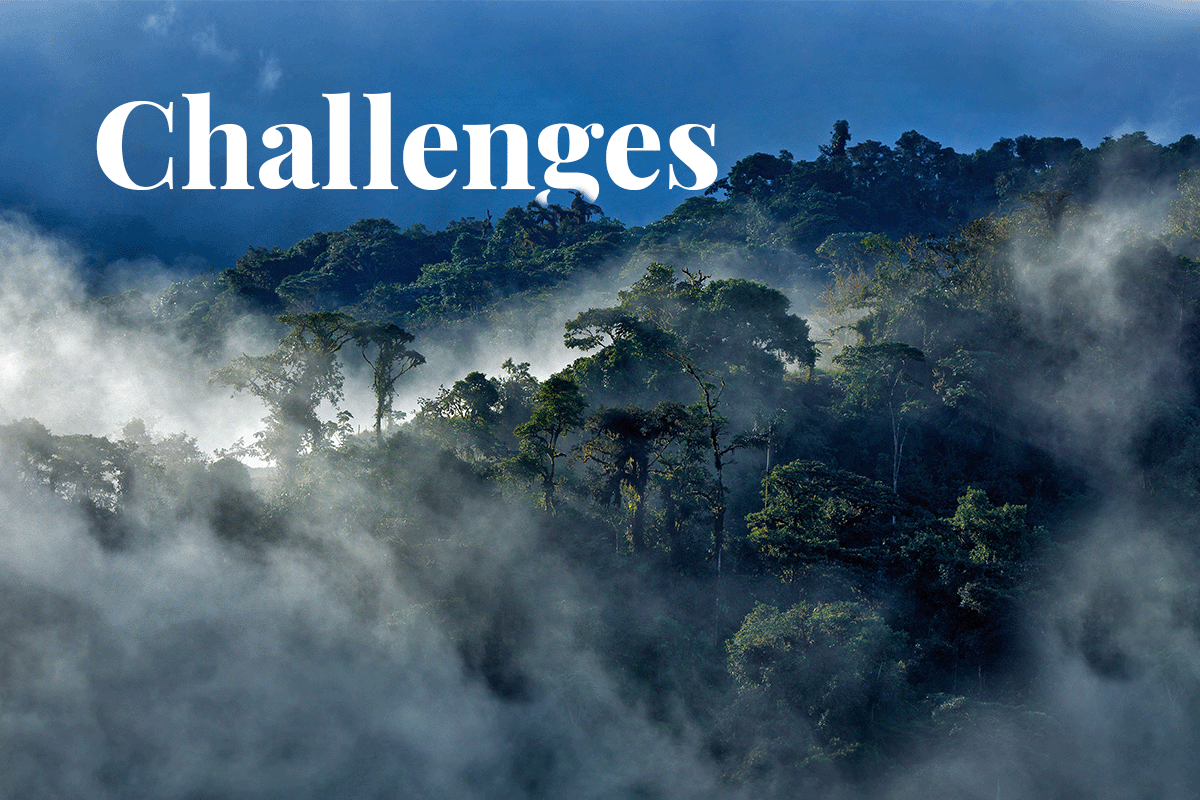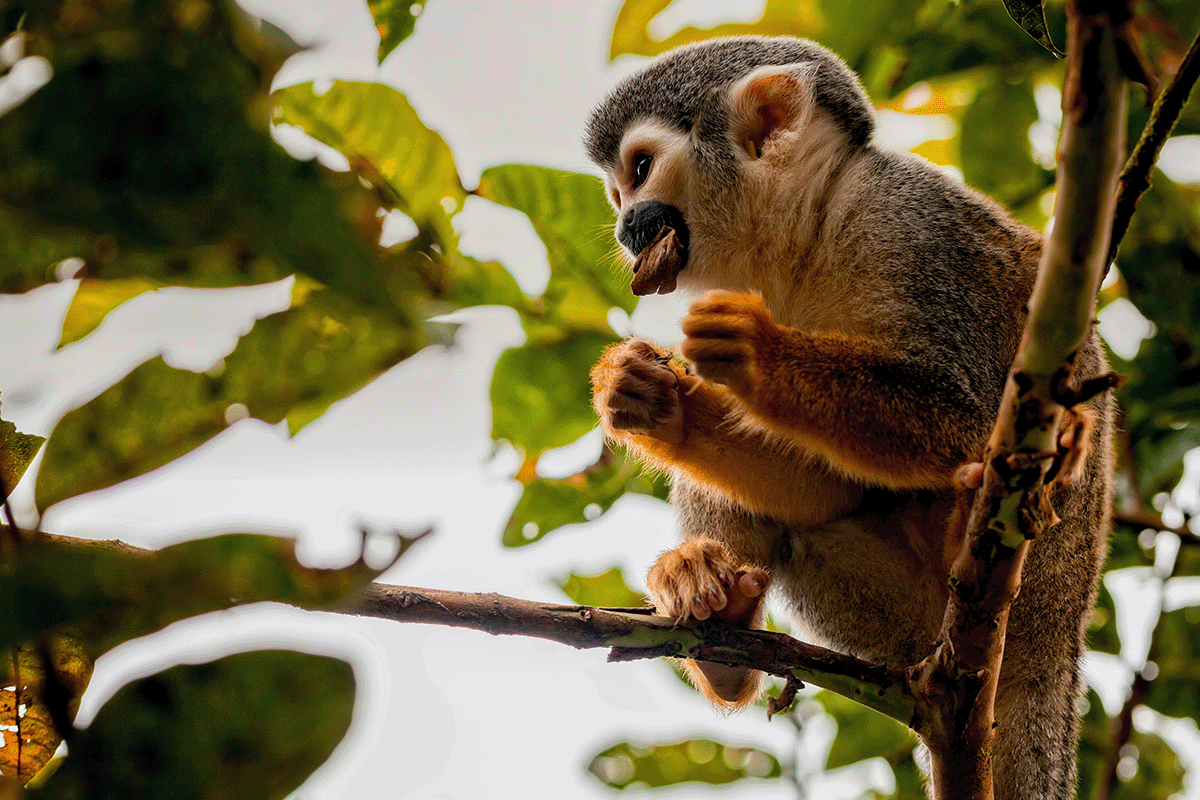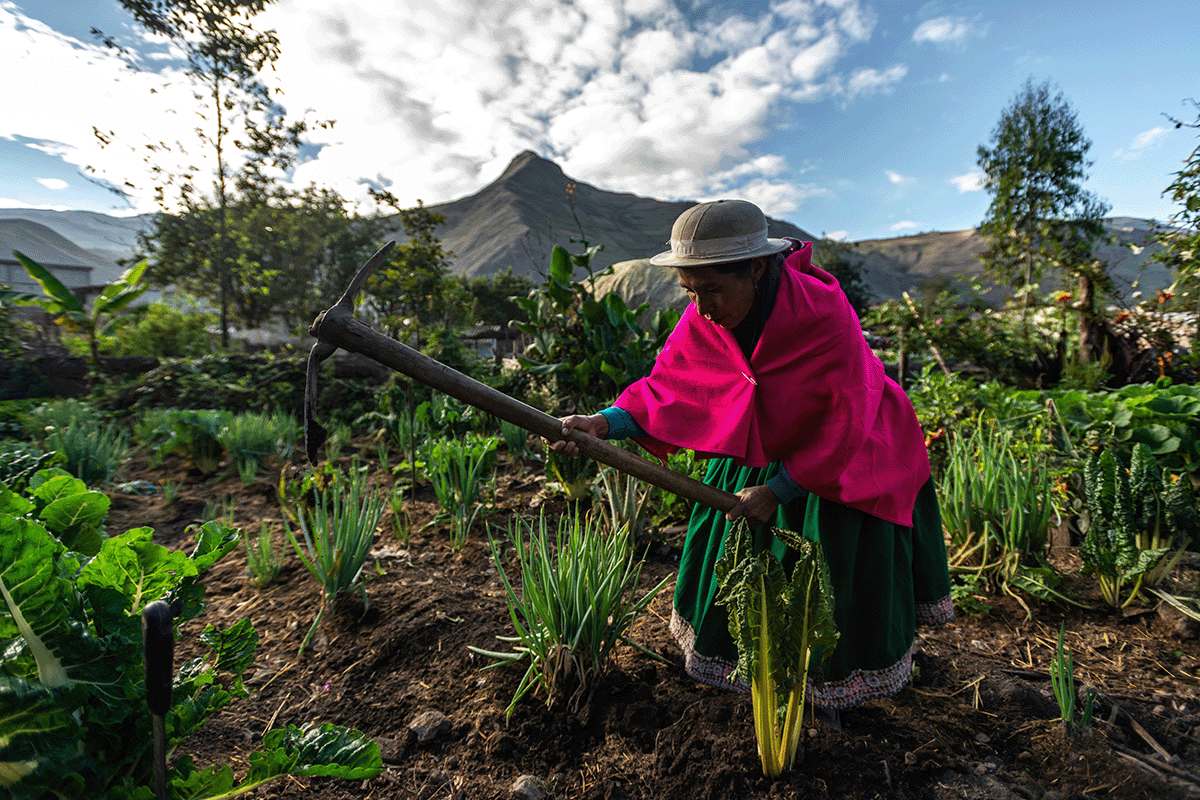Ecuador is a country blessed with abundant natural resources, including forests covering around 50% of its territory. However, the nation is also facing a significant challenge: deforestation. The country's forests are being cleared at an alarming rate, with agricultural expansion, timber harvesting, and oil drilling being the primary drivers.

Ecuador’s initiatives
The loss of forests significantly impacts the environment, including causing soil erosion, loss of biodiversity, and water scarcity. It also affects the livelihoods of local communities that depend on forests for their survival, including indigenous peoples.
At the same time, Ecuador is a developing nation that relies heavily on its natural resources for economic development. The challenge is to balance economic growth and environmental protection, and this is where Ecuador's innovative policies come into play. One such policy is the Socio Bosque programme, launched in 2008, which pays landowners to conserve their forests instead of clearing them. The programme has successfully preserved more than 3 million hectares of forest, and the government plans to expand it further.
Read about: Countries with the highest deforestation rates in the world
Another initiative is the Payment for Ecosystem Services (PES) programme, which pays farmers to engage in sustainable land use practices. By providing financial incentives for conservation, the programme helps to reduce deforestation in some areas.
Read more: Top 10 causes of deforestation
Ecuador is also home to one of the world's most ambitious environmental protection initiatives: the Yasuni-ITT Initiative. Under this plan, the government would leave untouched oil reserves in the Yasuni National Park, one of the most biodiverse regions on the planet, in exchange for financial compensation from the international community. The initiative aimed to reduce greenhouse gas emissions, protect biodiversity, and support sustainable development. Although the initiative was not ultimately successful, it demonstrated Ecuador's commitment to environmental protection and sustainable development.
 Close-up of a squirrel monkey at Yasuni National Park, Ecuador.
Close-up of a squirrel monkey at Yasuni National Park, Ecuador.
Ecuador’s challenges
Despite these efforts, Ecuador still faces significant challenges in protecting its forests. One major challenge is the need for more resources for monitoring and enforcing laws related to forest protection. In addition, illegal logging and land conversion continue to threaten the country's forests, and corruption and inadequate law enforcement have hindered efforts to combat these activities.
Furthermore, the government's emphasis on extractive industries such as oil drilling has also led to conflicts with indigenous communities who oppose such activities in their territories. The government's response to these conflicts has been criticised for being heavy-handed and violating Indigenous peoples' rights.
To overcome these challenges, Ecuador must continue to promote policies that balance economic development and environmental protection while ensuring that the rights of local communities, especially indigenous peoples, are respected. This includes strengthening law enforcement and addressing corruption, promoting sustainable land-use practices, and providing support and resources to local communities to manage their forests sustainably.
 A strong, indigenous woman carrying a hack or axe to work the fields at Chimborazo, Ecuador.
A strong, indigenous woman carrying a hack or axe to work the fields at Chimborazo, Ecuador.
Conclusion
In conclusion, Ecuador's deforestation challenges reflect the broader struggle to balance economic development and environmental protection. The country's innovative policies, such as the Socio Bosque and PES programmes, as well as the Yasuni-ITT Initiative, offer valuable lessons for other nations facing similar challenges.
However, significant challenges remain, and the government must continue to prioritise environmental protection and sustainable development while ensuring that the rights of local communities are respected.
DGB Group aims to promote sustainable practices and reforest the world at scale. DGB works with various stakeholders, such as governments and communities, to develop large-scale, impactful nature-based projects that restore nature and capture large amounts of carbon. These projects help the regeneration of biodiversity, the restoration of vital habitats, and the sustainable development of communities.
Contact us to find out more about our projects and how you can get involved





